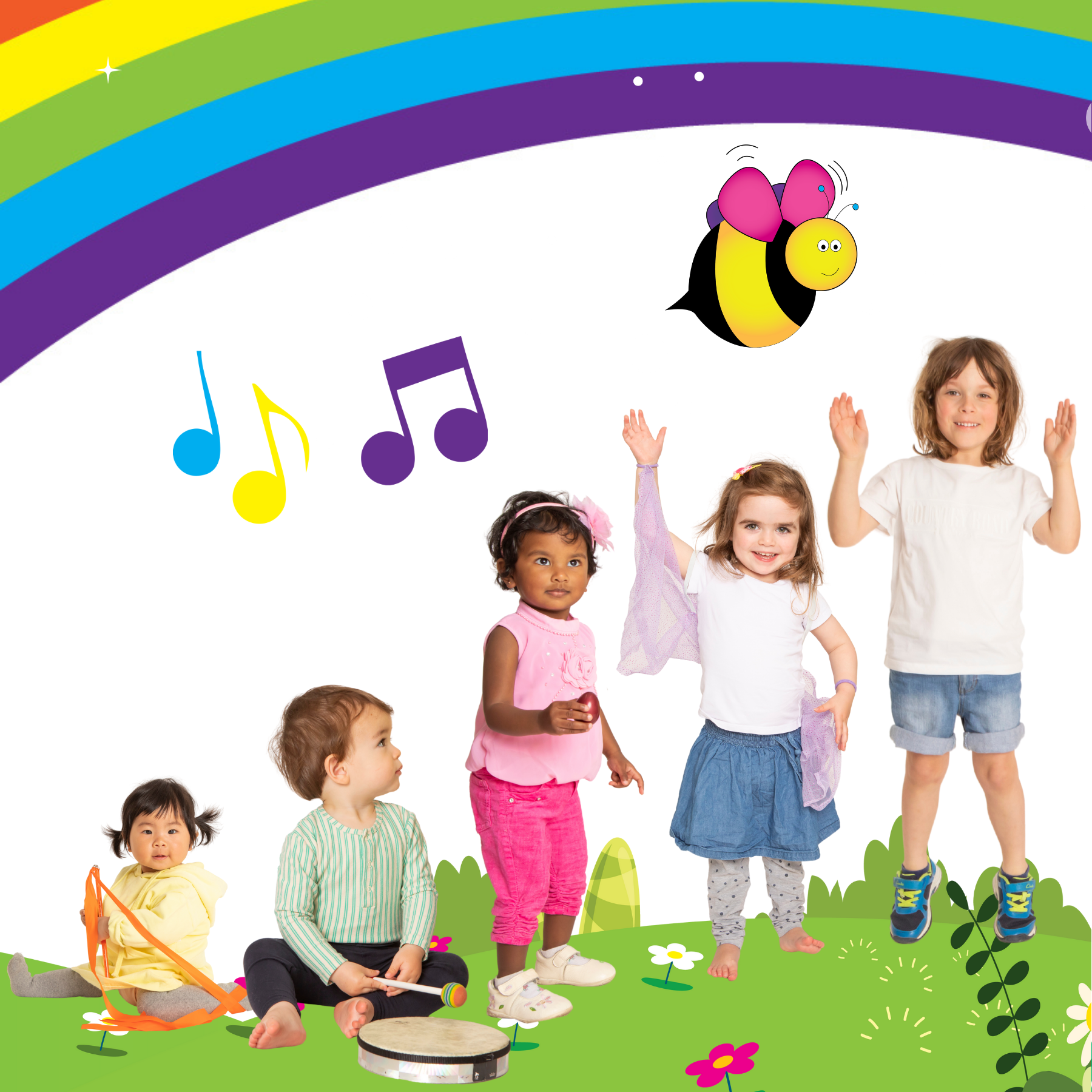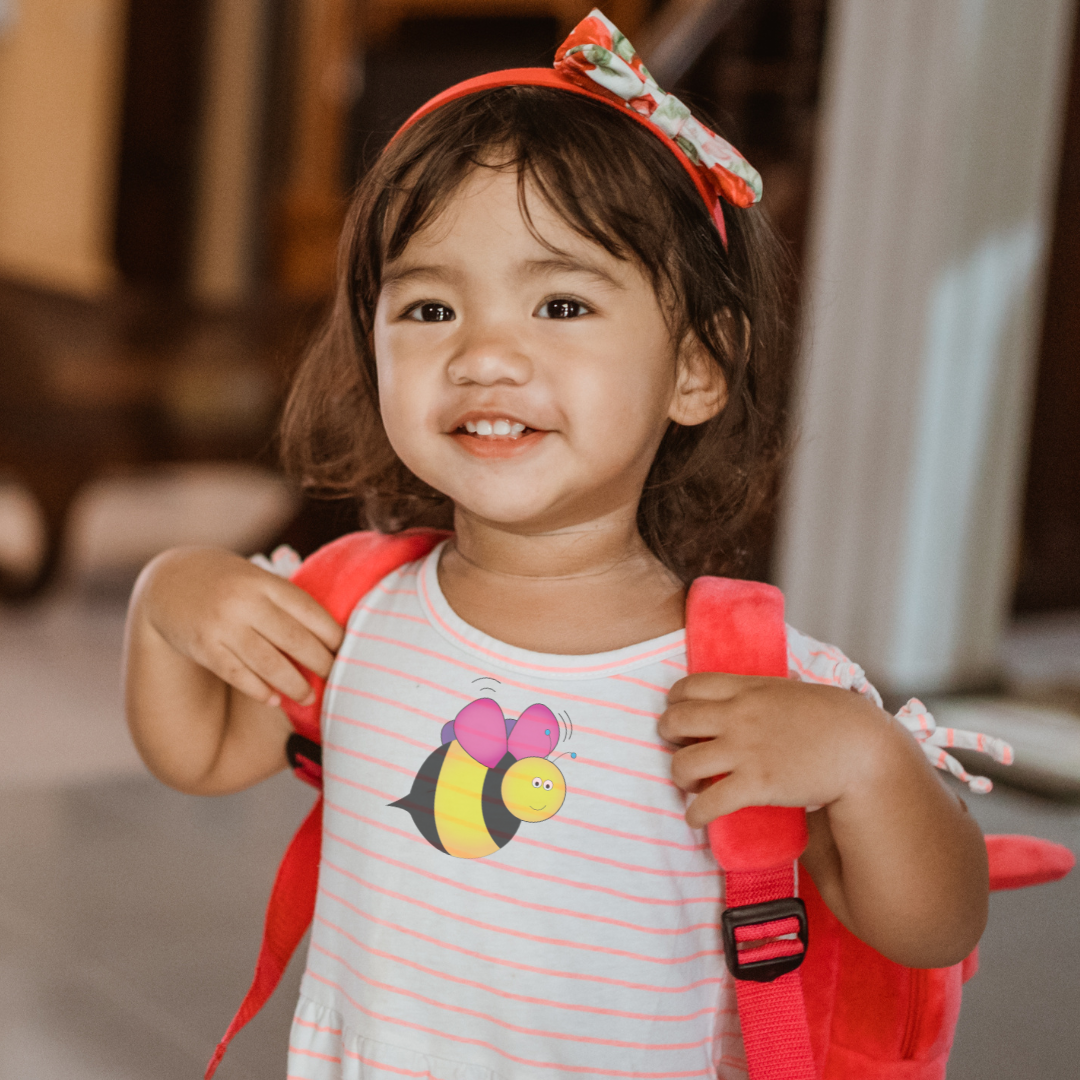Building Social Skills in Early Childhood through Shared Music
Parenthood is a journey of countless small moments that shape our children’s futures. As parents and educators, we witness the delicate process of social and emotional growth—those precious instances when a child shares a toy, offers comfort to a friend, or bravely steps into a new social situation.
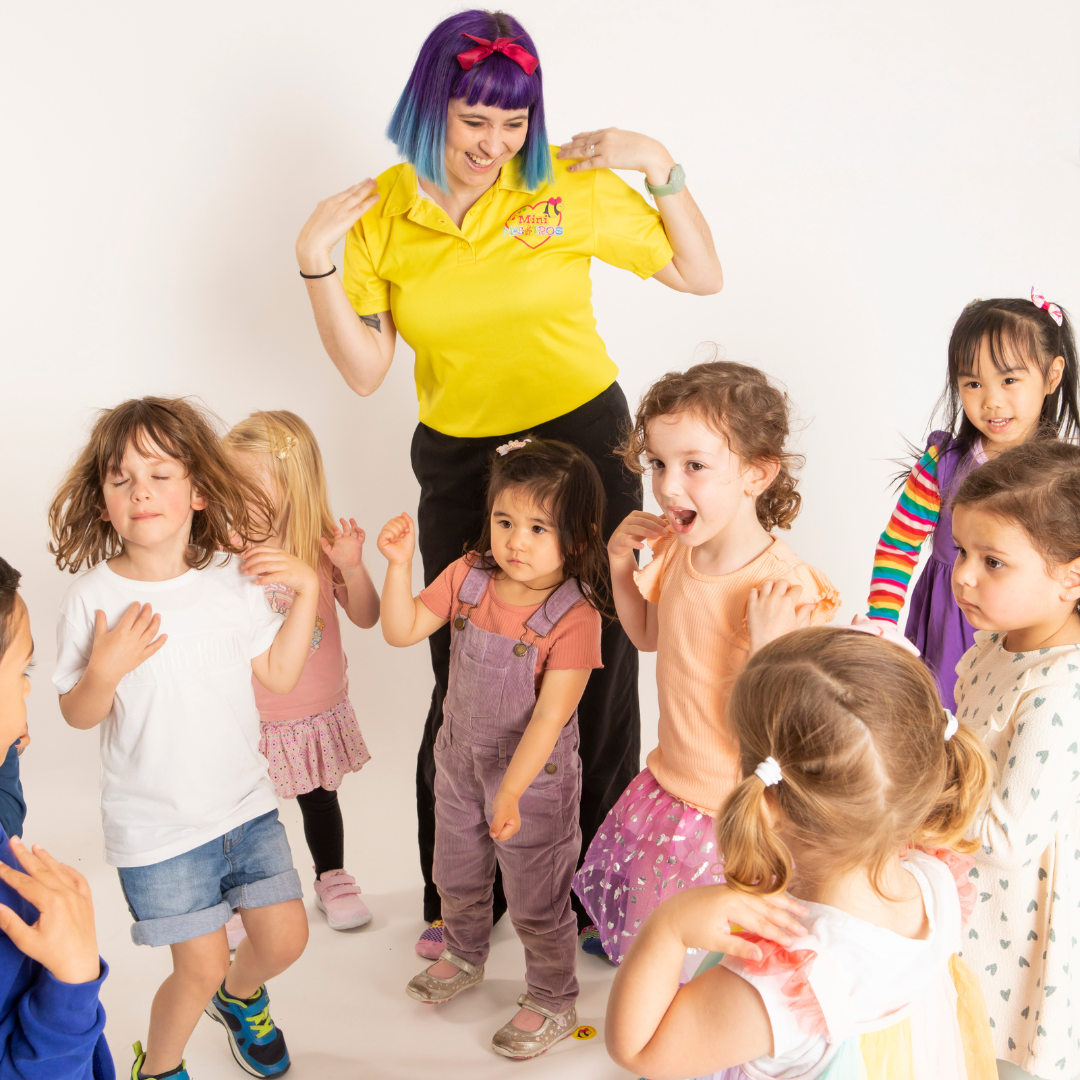
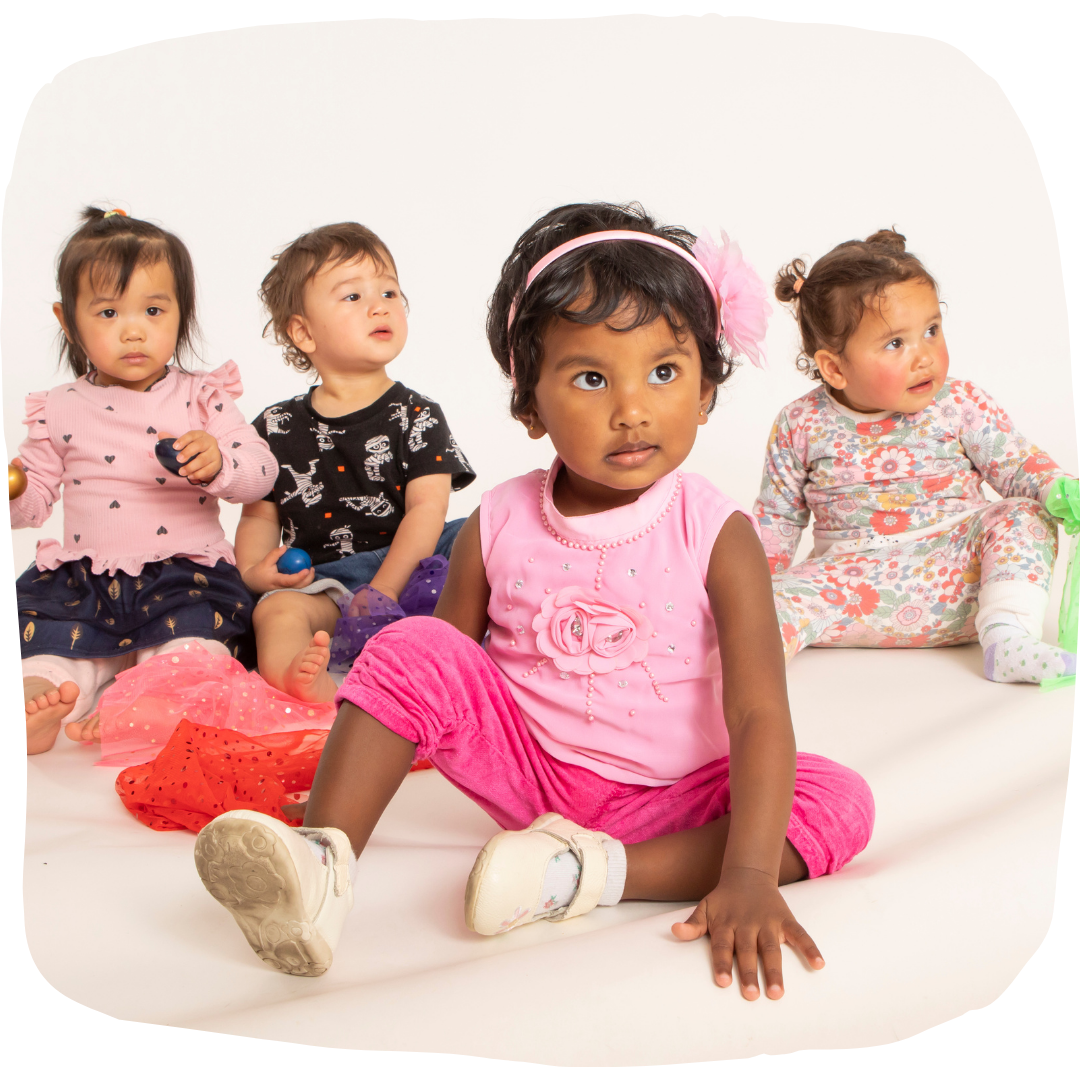
Why Social Skills Matter in Early Childhood
Social skills are the invisible threads of human connection. More than just polite interactions, these skills are fundamental building blocks of emotional intelligence, academic success and successful lifelong relationships.
Research reveals that children who develop strong social skills early experience remarkable benefits¹:
- enhanced academic performance;
- more resilience;
- deeper friendships; and
- greater emotional adaptability.
Developing strong social skills is key to unlocking every child’s potential.
The Heart of Social Learning: Community and Connection
Children can’t learn effective social skills unless they interact with other children outside of immediate family and friends. While children will have to interact with different children when they go to school, it’s best that children are well on the path to gaining effective social skills before they go to school.
Finding an environment where children can safely interact, first as strangers and then ultimately as collaborators and even friends, is very important. It’s about introducing children to a new community and giving them time to learn to adjust to and be part of that community. Further, its about that community having a structure which enables and encourages the children to interact in a much more profound way than, for example, simply bumping shoulders in the play centre.
Our music classes offer a unique, structured environment where social skills can flourish. For example, playing instruments to a steady beat, dancing together and singing with others create important moments of connection and a sense of belonging. Working in concert with others necessarily involves developing social skills plus has the benefit of a building a sense of achievement and fun.
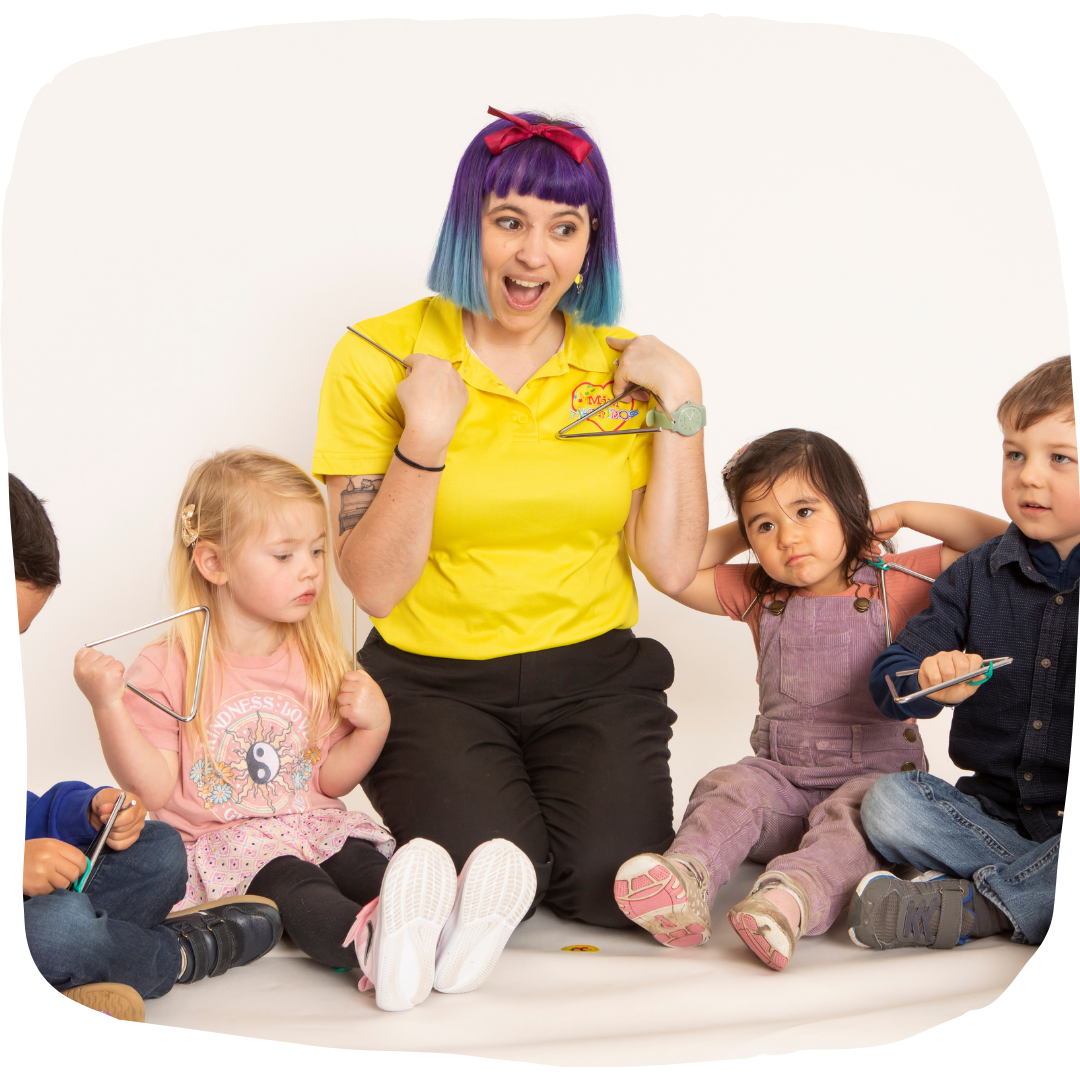
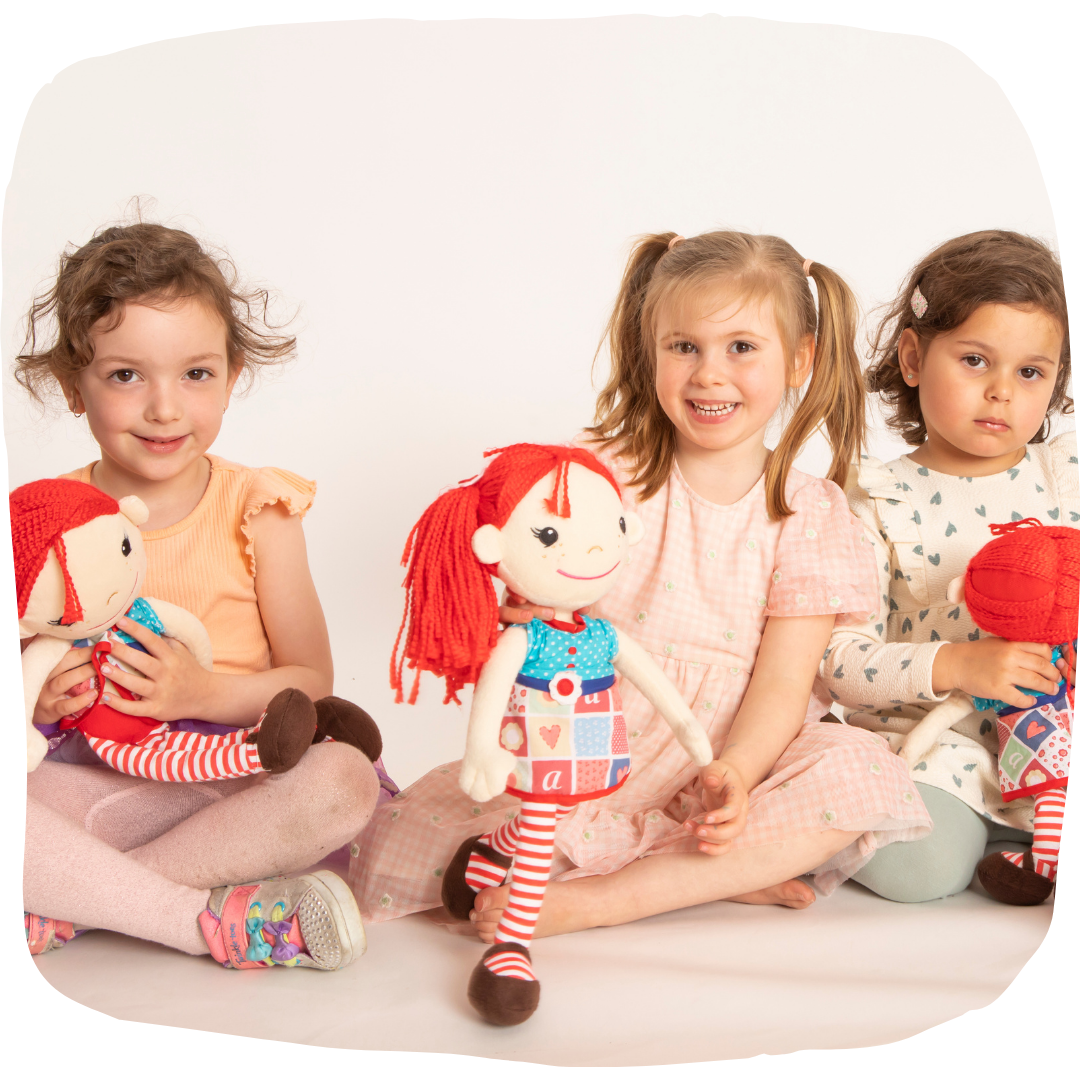
Empathy: The Foundation of Social Intelligence
In our music classes, empathy emerges naturally through shared musical experiences. Take Emma, a shy toddler hesitant to join the group circle. Here, community becomes more than a concept—it’s a support system.
The educator and classmates create a supportive, encouraging atmosphere. A reassuring smile from a peer, an enthusiastic instrument demonstration, or an action song transform may Emma’s uncertainty into belonging. Each musical interaction and game becomes a lesson in connection and self-regulation.
In our classes call-and-response singing becomes a metaphor for effective communication. Children learn to listen, respond with sensitivity, and recognise that every voice matters. Our freeze dance games teach the children to move in harmony, celebrate individual expressions, and support one another’s unique journeys.
Patience and Turn-Taking: Learning Collaborative Skills
Patience isn’t just waiting—it’s an active skill of respect and consideration and controlled anticipation. At Mini Maestros, turn-taking is learnt and practised in fun ways through songs, dances and games.
Passing games teach children that excitement lies not just in personal participation, but in supporting others’ moments of joy. The class functions as a cohesive community, where little ones learn that waiting is a form of caring, and each individual contributes to a larger, shared song or dance.
Children discover that true connection involves creating space for others—listening carefully, anticipating, and responding with empathy. Each moment of waiting becomes a small act of kindness, each shared activity a celebration of togetherness.
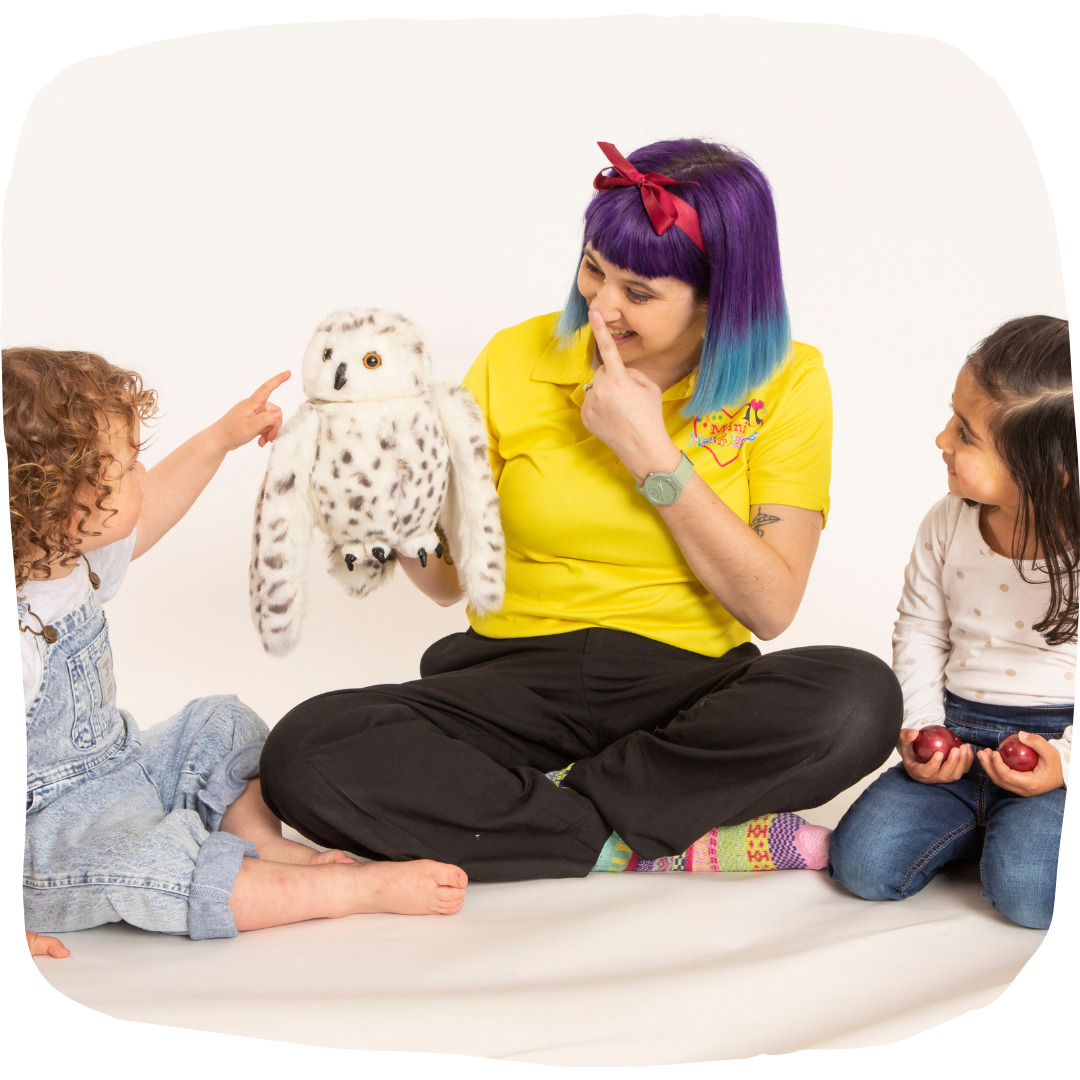
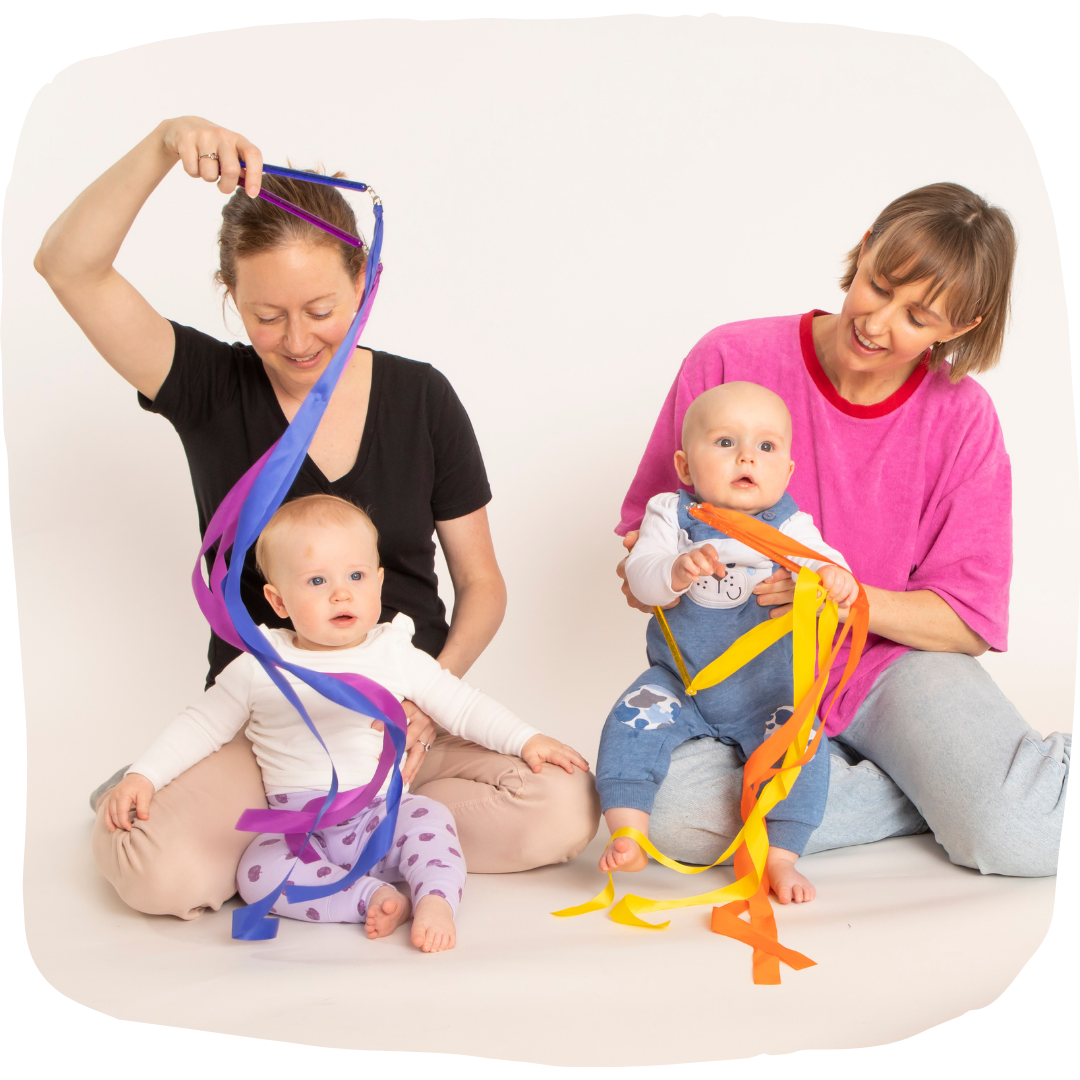
Choosing the Right Program to Nurture Social Skills
- small group settings with individualised attention;
- experienced, engaging educators;
- interactive, play-based learning approaches;
- structured learning that transforms individual contributions to shared outcomes and community connection; and
- flexible programs that respect family dynamics.
Practical Tips for Parents
Social skill development is a gradual and lifelong process. Celebrate small victories:
- a shared item;
- a kind word; or
- a moment of patience.
These seemingly small interactions are the true milestones of childhood social growth.
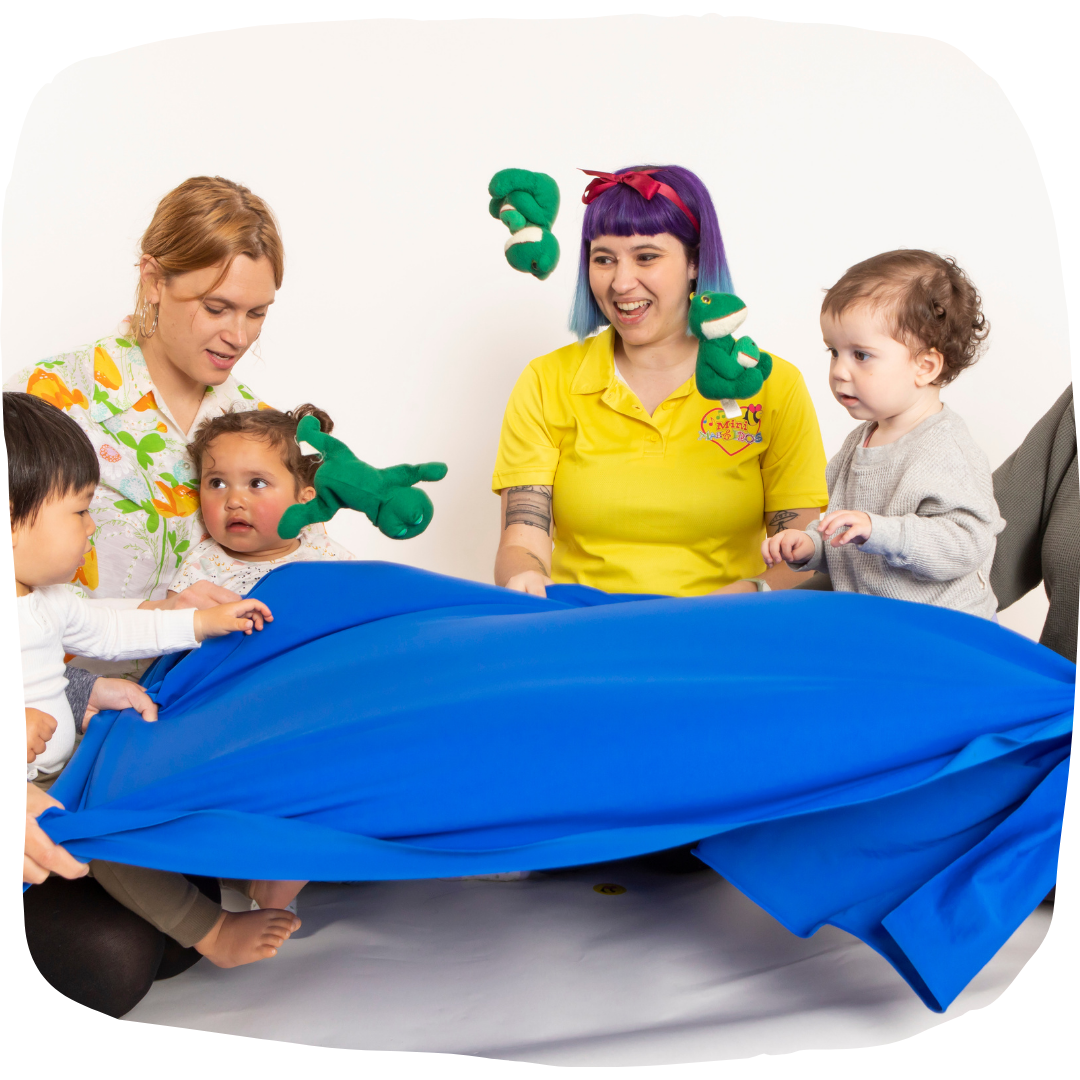
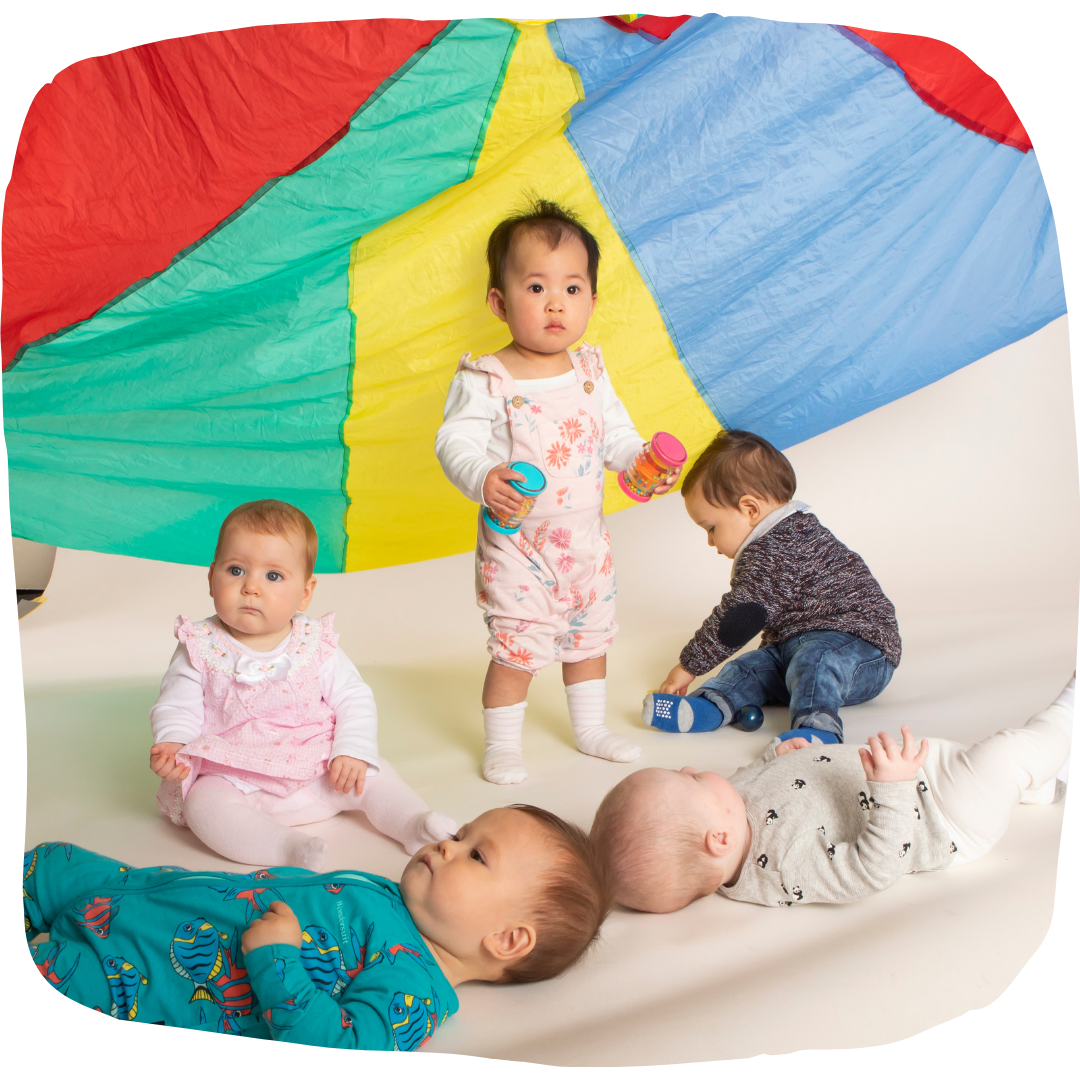
Frequently Asked Questions
Q: When should I start teaching social skills? Social skill development begins in infancy. By toddlerhood, children can learn fundamental concepts like sharing and turn-taking.
Q: How can I support a shy child? Create low-pressure social opportunities, practice role-playing scenarios, and choose structured group activities that feel safe and supportive. Be aware that many children learn by first observing and will then practise at home where they feel safe and confident.
Q: Do music classes really help develop social skills? Absolutely! Music enhances teamwork, listening skills, patience, and confidence—making it an exceptional medium for social development.
We invite you to try Mini Maestros music classes to support your child’s social skills. Music and community can unlock every child’s true potential.
